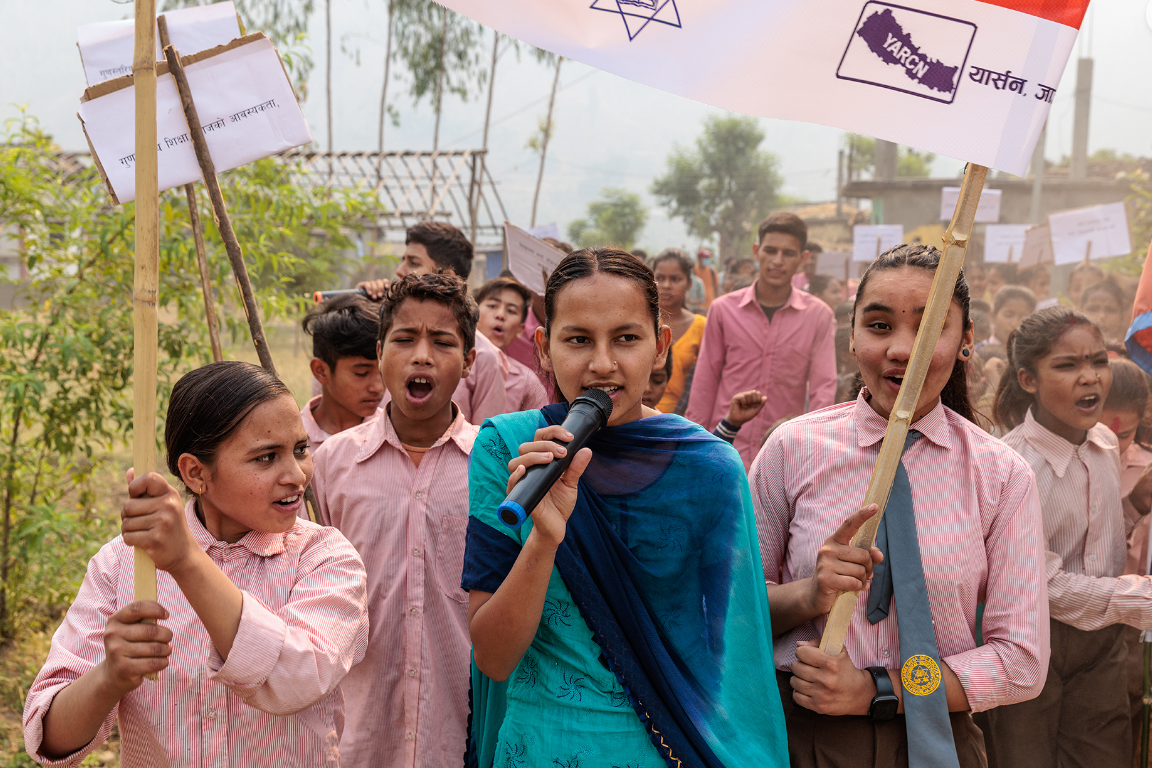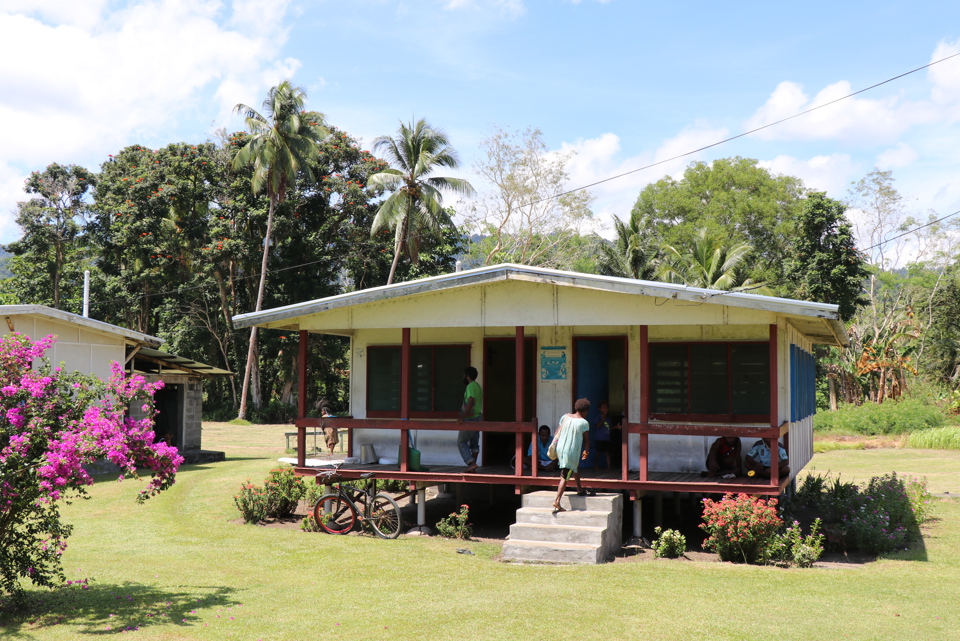Women’s Wellbeing, Participation and Leadership
Women are disproportionately affected by poverty, food insecurity, climate change, gender-based violence and abuse, as well as a lack of access to education, health care and employment.

Laxmi (16) leading a rally with Child Club members calling for child rights, such as access to education and stopping child marriage and child labour, through villages near her home in Jajarkot district, western Nepal. Photo: Richard Waintwright/Caritas Australia

Laxmi and her mother Mankala work in their fields close to their home in Jajarkot district, western Nepal. Photo: Richard Wainwright/Caritas Australia
Gender equality
To learn more about the gender equality issues most commonly raised by our partners as well as Caritas Australia’s policy recommendations to the Australian Government on addressing gender equality in its development program, see our Gender Equality Policy Brief.
Women’s economic empowerment
Women’s economic empowerment – including women’s ability, agency, voice, power and access to resources and infrastructure to make and act on informed economic decisions – is a key part of achieving gender equality. It also has intrinsic links with addressing gender-based violence.
In 2023 Caritas Australia undertook a scoping study to explore the role of faith-based organisations in supporting women’s economic empowerment in Papua New Guinea, a country where churches are highly influential members of society and key providers of PNG’s health and education services. You can read the full report or a summary here.

A local woman attends a church-run health clinic in the East Sepik province of PNG. Photo credit Caritas Australia.

Laxmi looks out from a suspension bridge next to her home in Jajarkot district, western Nepal. Photo: Richard Wainwright/Caritas Australia
Family violence
Too often, women and girls experience violence in the family home. To understand the unique contribution of Catholic agencies to the prevention of and response to family violence, including in the context of the COVID-19 pandemic, Caritas Australia partnered with the Australian Catholic University, Catholic Social Services Australia and Catholic Health Australia to examine this issue. The research led to understandings of distinctive Catholic approaches to the provision of family violence services, as perceived by those working directly in the sector.
Where to next?
Read more about Caritas Australia's efforts in supporting the well-being, participation, and leadership of women and girls through our long-term development and humanitarian programs.












